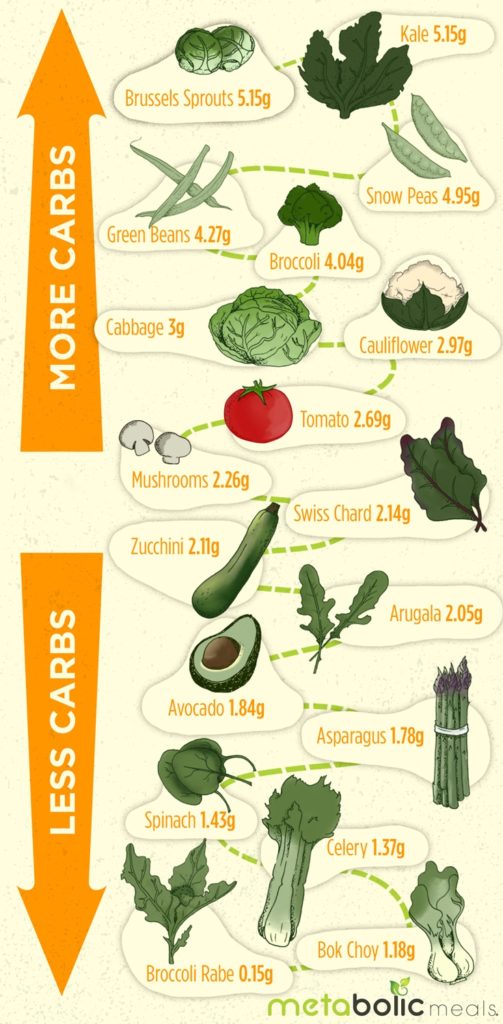To understand the buzz around ketogenic dieting, it’s important to first understand its origins.
The approach is rooted in ketosis, which is a metabolic state that your body automatically enters due to low food intake. For instance, if your body doesn’t have enough carbohydrates to break down for energy, it releases ketones by breaking down fats instead. The point of a ketogenic diet is to purposely guide your body into this state by drastically reducing your carb intake.
Ketogenic diets originated in the 1920s and help treat epilepsy and other neurological illnesses. Researchers believe that, along with the ketone bodies produced, the diet’s combination of high fats, low carbs, and moderate proteins increases the resiliency of certain brain cells.
A well-maintained ketogenic diet naturally lowers your blood sugar levels by restricting your carb intake, and it forces your body to burn excess fat for energy. Together, these benefits can help optimize your health and fitness strategies and reduce your risk for diabetes and other metabolic diseases.
What Happens During Ketosis?
Ketogenic diets eliminate all forms of carbohydrates that your body could turn into glucose. As a result, these regimens have proven much more effective at preventing and managing diabetes than a low-calorie method.
Mental health and performance also improve with the introduction of a ketogenic diet. Ketones are one of the most efficient sources of brain fuel, and avoiding high blood sugar helps prevent neurological disorders that influence mood and temperament; in many ways, the diet can help make you happier.
But lower glucose is only one of ketosis’s benefits. Entering it forces your body to burn excess fat for energy. When you reduce your sugar intake, your body produces less insulin, which doubles as a fat-storing hormone. Studies show this reduced insulin production can help be a helpful weight loss aid.
Fats are also the body’s most efficient fuel, and burning more of them increases your daily energy output. Ketone diets include moderate amounts of protein and fat, which normalizes your hunger and ensures that your body is properly energized.
These are just a few of the reasons ketogenic diets are a helpful ally for patients trying to overcome serious chronic illnesses. They’re also the reason why a keto diet might be the missing link in fully achieving your ultimate health and fitness goals.
Get Your Keto Diet Started
Like any successful health and fitness goals, maintaining a ketogenic diet takes care and preparation. To ensure you enjoy the maximum benefits without depriving your body of other essential nutrients, follow these three steps from the outset:
1. Do your homework.
Before you put together any plan, do some research and compile a list of keto-friendly foods. That way, when you’re ready to start your diet, you know which foods can and can’t provide the nutrients you need. You should also keep an accurate track of the carb, protein, and fat macros you take in. Use an app such as MyFitnessPal or Cronometer to monitor your intake numbers and tweak them if necessary.
2. Clear the kitchen.

Once you have a list of keto-compliant foods, your next step should be to rid your kitchen of anything that isn’t included. This not only helps you fight temptation, but it also makes space for healthier foods. Anything high in carbs — including candy, sugary drinks, and starchier foods — should be tossed. Then, go to the grocery store, compare labels to your list, and restock your kitchen with low-carb offerings. Occasionally using a meal delivery service with a keto option can be invaulable when getting started or to cover you during busier weeks.
3. Prepare for “keto flu.”
 While sustained ketosis benefits your body, switching to a keto diet may take some adjustment — it’s known as the keto flu. You could experience low energy, fogginess, and indigestion in that first week as your body uses up the last of its glucose. Prepare for this by drinking water to stay hydrated and upping your sodium intake to increase your water retention; extra magnesium and potassium will also be helpful for indigestion.
While sustained ketosis benefits your body, switching to a keto diet may take some adjustment — it’s known as the keto flu. You could experience low energy, fogginess, and indigestion in that first week as your body uses up the last of its glucose. Prepare for this by drinking water to stay hydrated and upping your sodium intake to increase your water retention; extra magnesium and potassium will also be helpful for indigestion.
Once your body has acclimated itself to ketosis, the benefits will become noticeable almost immediately. With more energy and motivation — and lowered risk of chronic illness — the keto diet can become an invaluable part of your health, fitness, and well-being regimen.








